Can ‘hobby’ NGOs deliver sustainable aid?
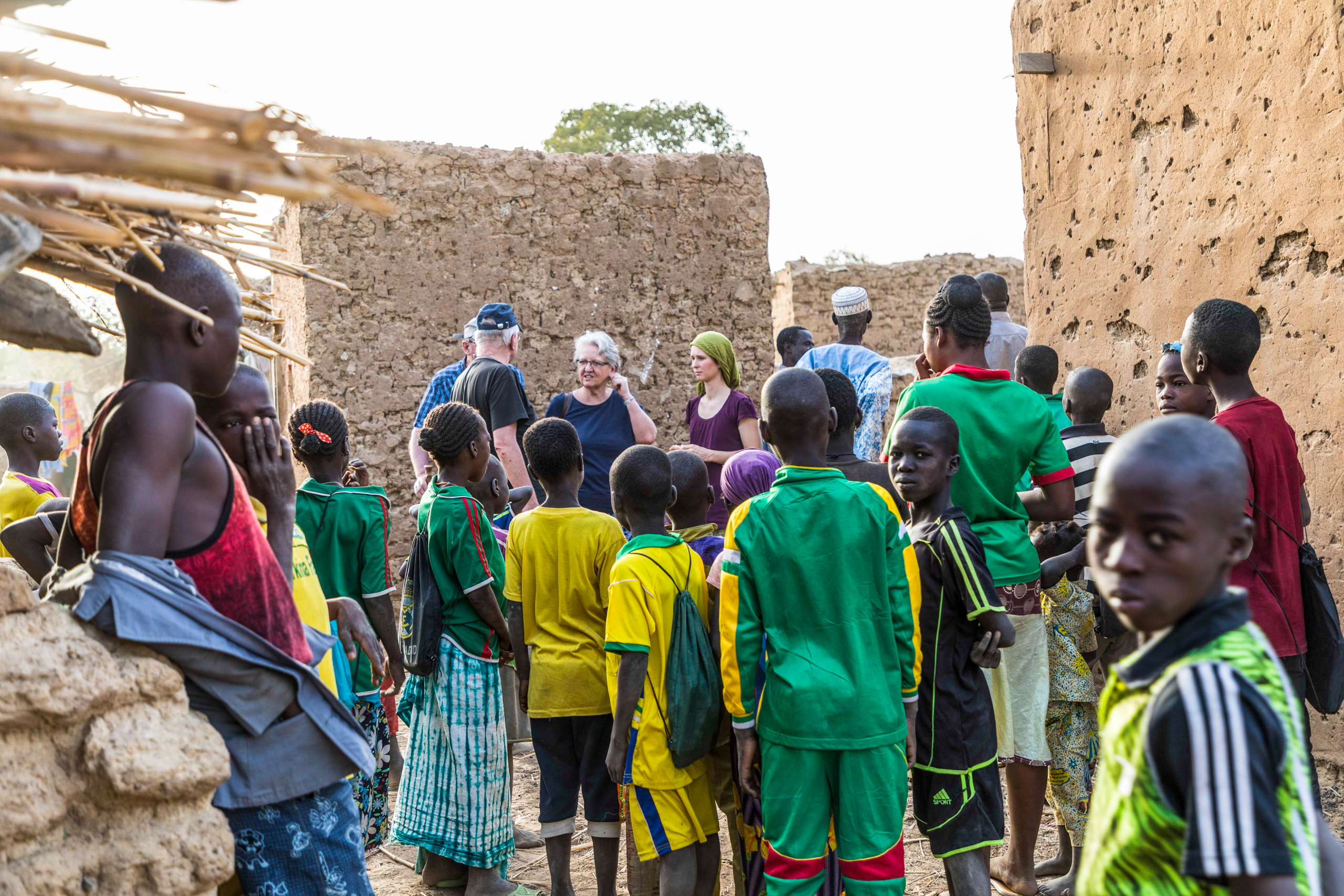
Private individuals are increasingly setting up small non-governmental organisations (NGOs) for people in need in far-away countries. These direct aid organisations do a lot of good, but those who work in established development organisations have reservations about the trend.
In 2009 Dagmar Nüsser and Michael Beismann from Switzerland went trekking in the Himalayas in Nepal. Back in Kathmandu, they met a man who was the principal of a school in his home village of Betini. He invited them to visit the school, and the Swiss were so impressed by how it was run that they donated money to buy new uniforms for about 100 students. This was the beginning of a long and supportive friendship that is thriving to this day.
Eleven years ago, along with their Swiss compatriot Werner Stahel, who also has friends in Nepal, the trio founded an organisation called Nepal – Development for All. Their goal is to promote education in kindergartens and schools and encourage organic farming in the villages of Betini and Gatlang.
The money they raise goes directly to the principal. No funds are spent on staff, administration or campaigning, which is usually the case with established aid organisations. The funds mainly are raised among the trio’s friends and family.
“We also benefit from our contacts in Nepal,” says Stahel about his involvement. “At times I felt out of place being a tourist, but as a helper there’s a chance to make a difference in people’s lives.”
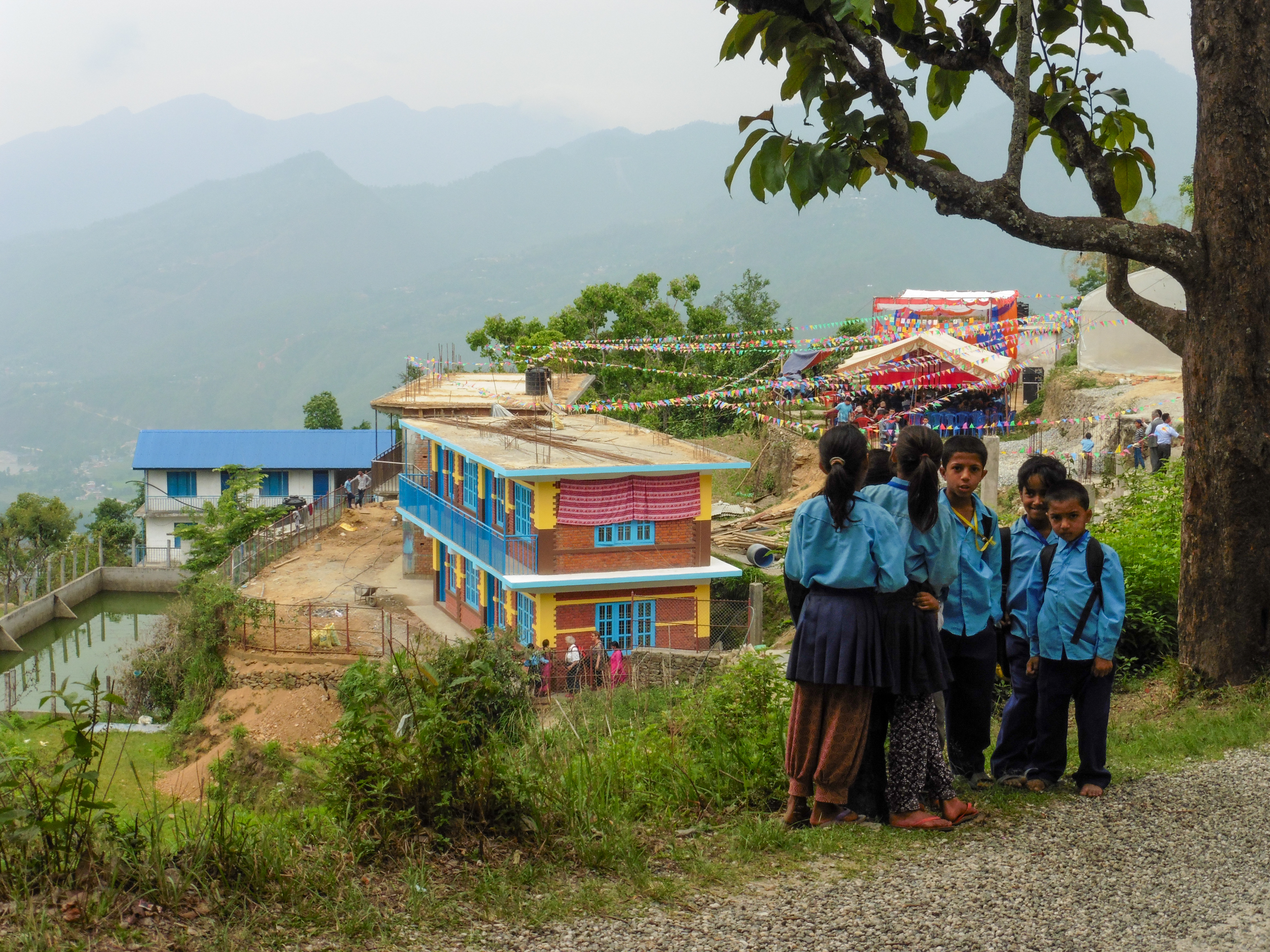
Founding an NGO – the latest trend
This NGO is not an isolated case. “We’ve seen an increasing number of small NGOs, which we call pop-up NGOs,” says Fritz Brugger of the NADEL Center for Development and Cooperation at the federal technology institute ETH Zurich.
“The fact that travelling, communicating and transferring money abroad have become easier has contributed to this latest trend,” he adds. “Such organisations are established because people are shocked by what they see in the countries they visit or because they meet someone they trust who needs help.”
Brugger, who is a development expert, agrees that this kind of aid delivery has many advantages. “The assistance is direct. The helpers are close to the people, administrative costs are low and identification is high.”
However, he has mixed feelings when it comes to self-made aid workers. “I’m not sure about taking up development aid as a hobby. The problem is that direct aid depends too much on the individual helper and the contact person on the ground.”
A lot of work
Santé-Burkina Suisse, a private initiative that has been operating in Burkina Faso for 20 years, is another example of a successful private NGO delivering direct aid.
Its founder Regina Patrizzi, a psychiatrist, was so shocked by the poverty she encountered on her travels that she got involved in development work. Together with her husband and friends, she founded Santé-Burkina Suisse in 2001.
Like Nepal – Development for All, her organisation receives most of its funds from friends and family of the founders, all of whom work on a voluntary basis. They travel to Burkina Faso regularly at their own expense to monitor the work on the ground.
Among other projects, Santé-Burkina Suisse has financed the construction of a well for a kindergarten, a health centre, solar-power systems, vegetable plantations, a sheep farming project and the supply of grain mills. The organisation also pays for school fees and meals for 150 students in Burkina Faso.
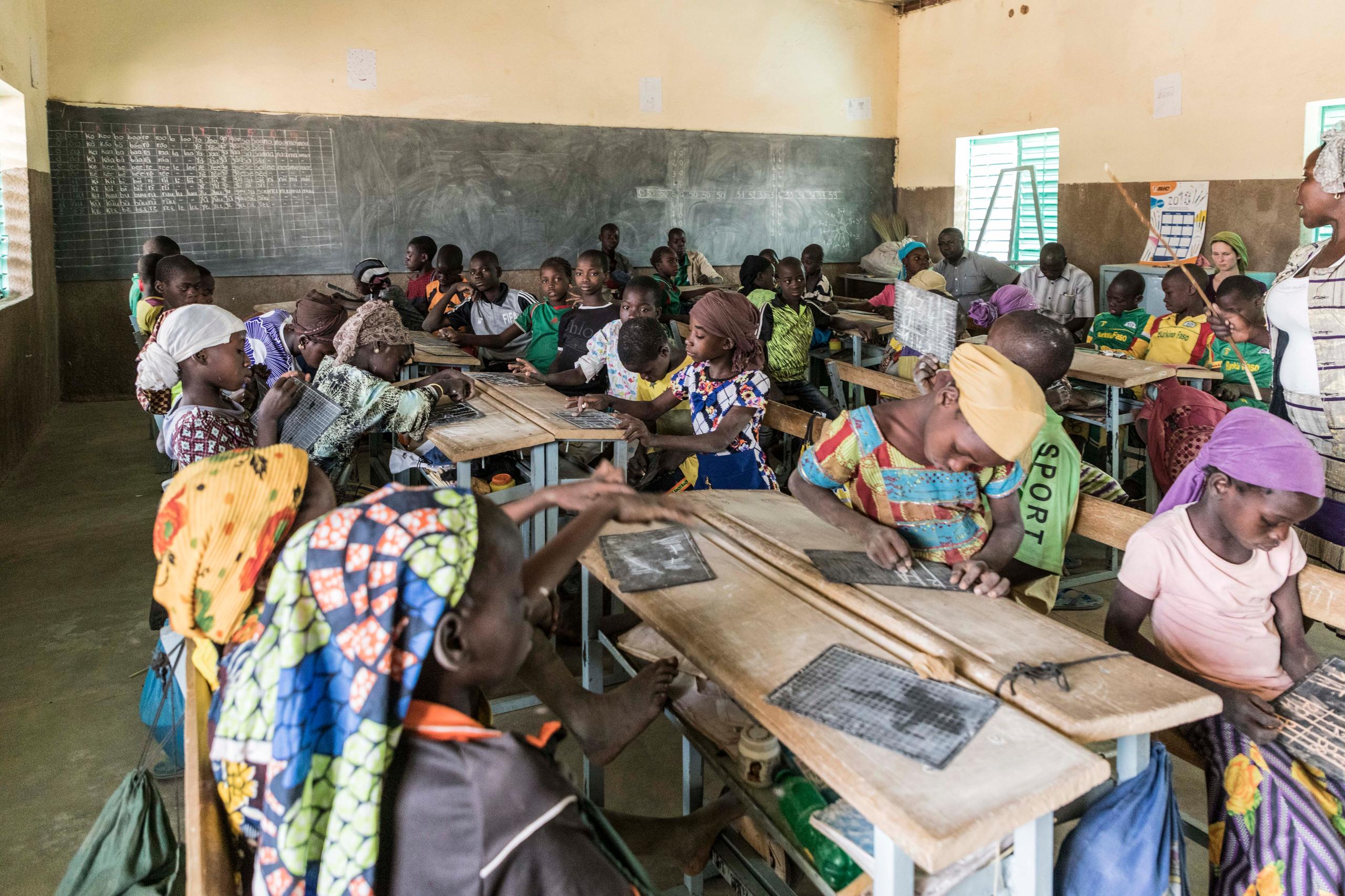
The annual budget for the people in need in Burkina Faso amounts to roughly CHF30,000 ($33,000). “If there were more small organisations, we would be able to make a big difference,” Patrizzi says. “However, it’s a lot of effort and work.”
So what would happen if the founders of the organisation could no longer do their job? “Fortunately, we have three young people on our board of trustees,” she says.
Some reservations
The Swiss Agency for Development and Cooperation (SDC) is sceptical about such pop-up NGOs. “Working in fragile contexts involves taking certain risks. Specific standards have to be observed to make sure the affected people are sufficiently protected and no harm is done,” the SDC tells swissinfo.ch.
Alliance Sud, an association of development organisations, has a slightly different take. “If the partners on the ground use funds responsibly and professionally and are transparent, this kind of direct aid is fine,” says Daniel Hitzig of Alliance Sud.
However, he also has some reservations. “Those working for humanitarian aid and development cooperation need deep experience, know-how and long-term commitment. Professional organisations have the necessary structures in place and the means to conduct regular internal and external evaluations and audits to make sure the projects are effective. Privately run NGOs do not have the financial means to do this,” Hitzig says.
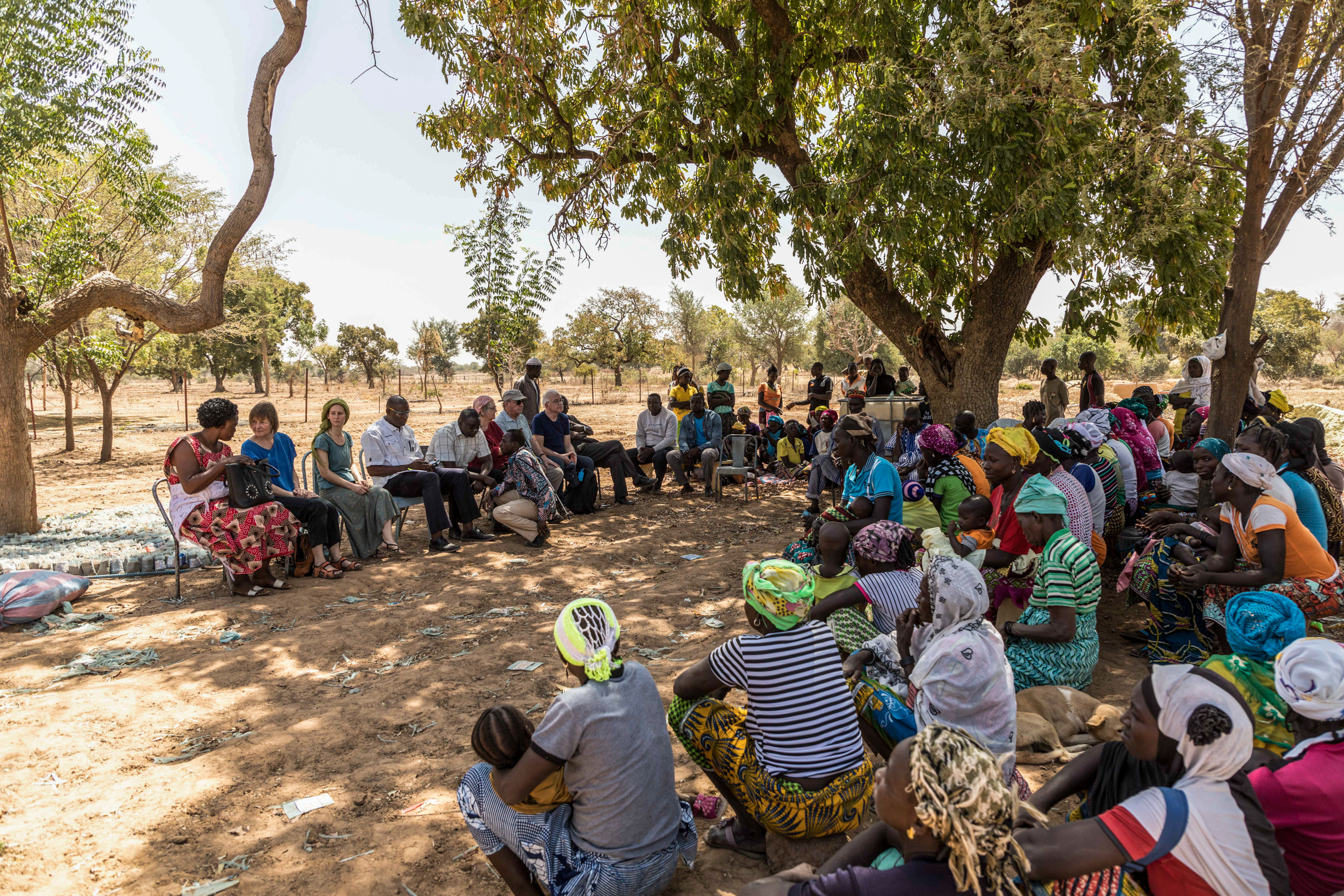
Is established development aid better?
Non-governmental and established governmental organisations must put their own houses in order first before turning up their noses at mini NGOs. Some of the big aid agencies have been hit by scandals.
For example, in 2007 the Catholic charity Caritas made headlines because it was involved in a corruption case. In 2008 a project manager embezzled almost CHF1 million from the Swiss Protestant organisation HEK. Employees of the British charity Oxfam, which receives some funding from the Swiss government, sexually exploited women in exchange for assistance.
The latest breach of trust was a report in a newspaper accusing Switzerland of financing an aid organisation whose board consisted of Islamists and anti-Semites. Aid agencies have also been repeatedly criticised for spending a large share of their funds on campaigning, fundraising and administration, not to mention the high wages of some aid workers.
Not mutually exclusive
The debate over which is the right way to provide aid might be pointless anyway.
“We don’t compete with large aid organisations,” says Patrizzi. “No matter whether large or small, aid organisations can make a difference and cooperation between them can be very fruitful.”
She speaks from her own experience. In its early years, her organisation implemented its projects with the Swiss NGO Solidar Suisse, whose employees supervised the projects.
Hitzig of Alliance Sud agrees that working for an established aid organisation does not necessarily rule out being involved in a mini NGO. “We know of quite a few people who do both.”

In compliance with the JTI standards
More: SWI swissinfo.ch certified by the Journalism Trust Initiative










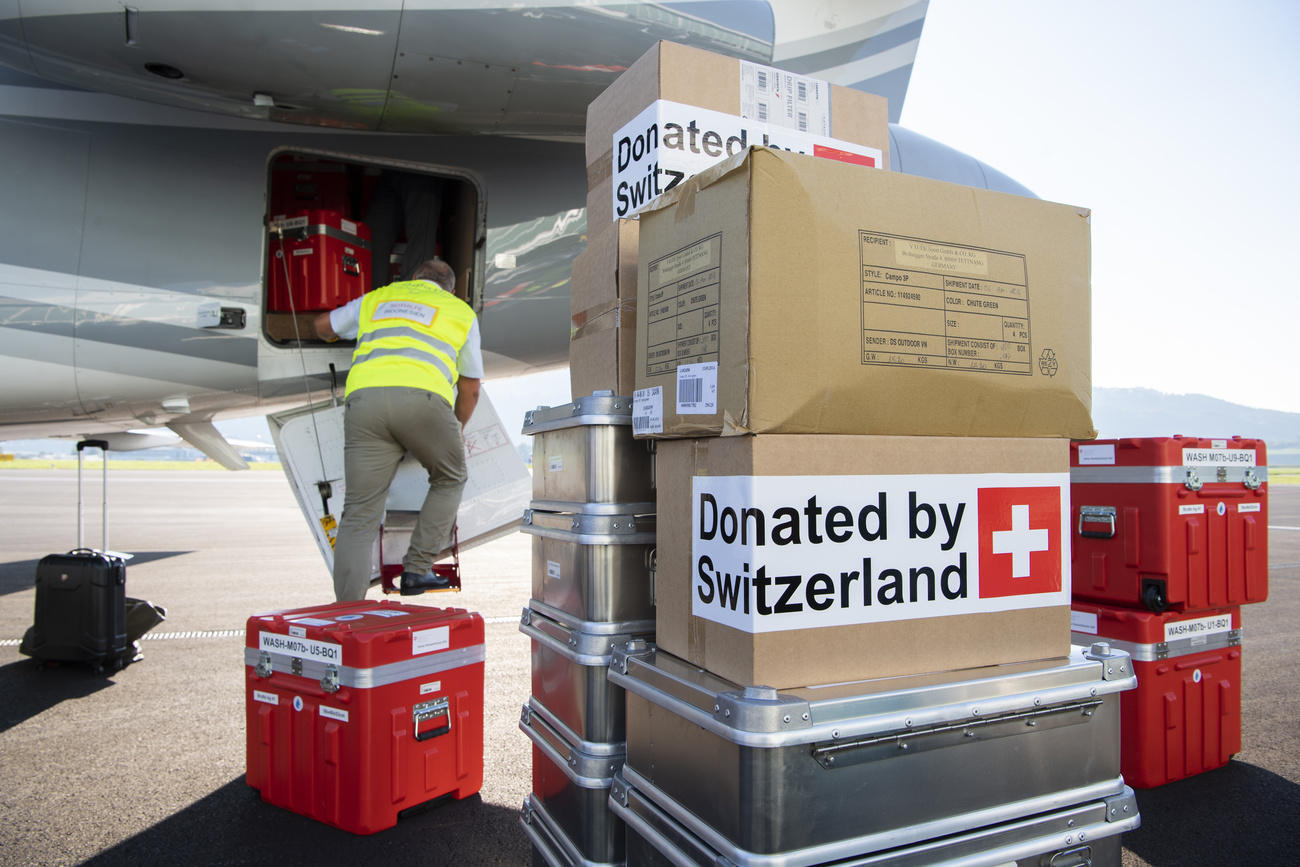
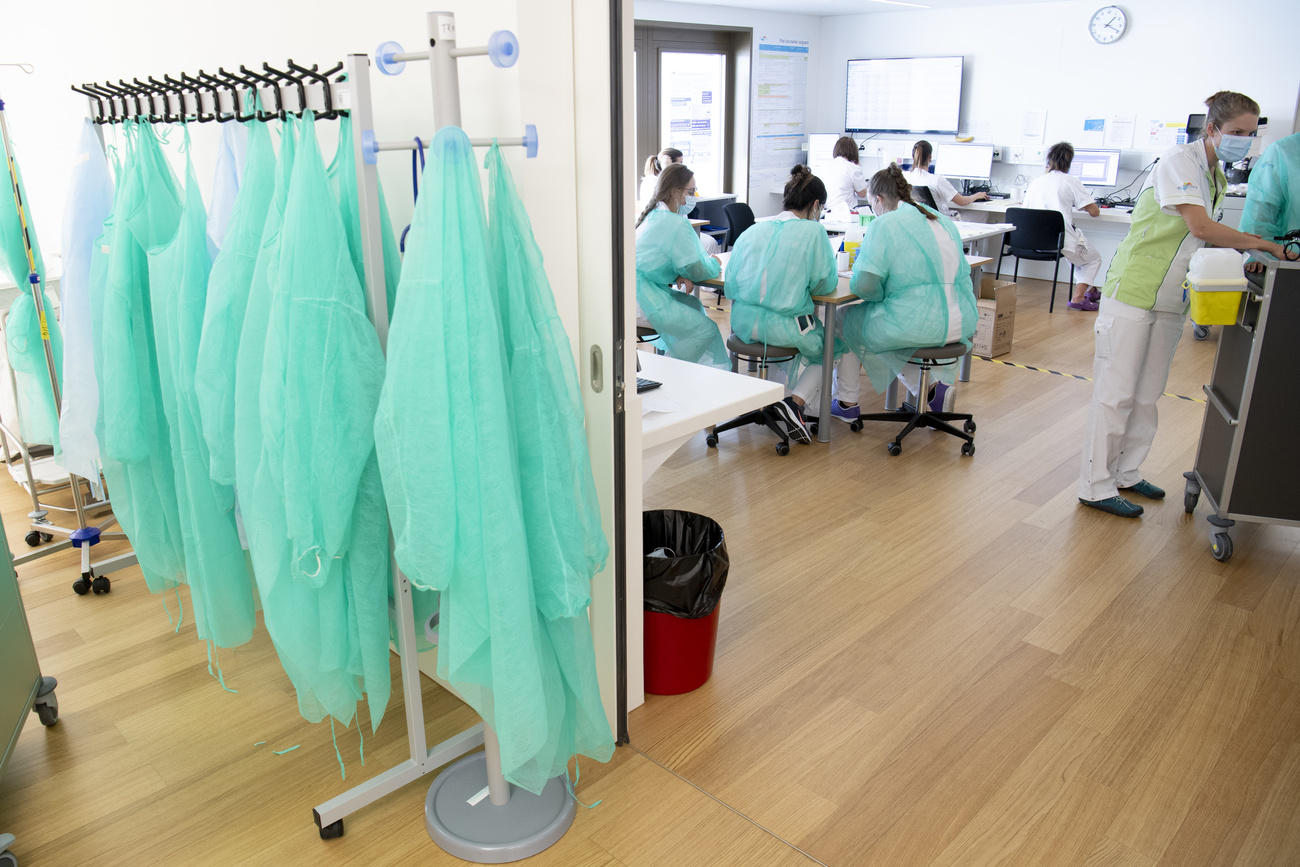

Join the conversation!